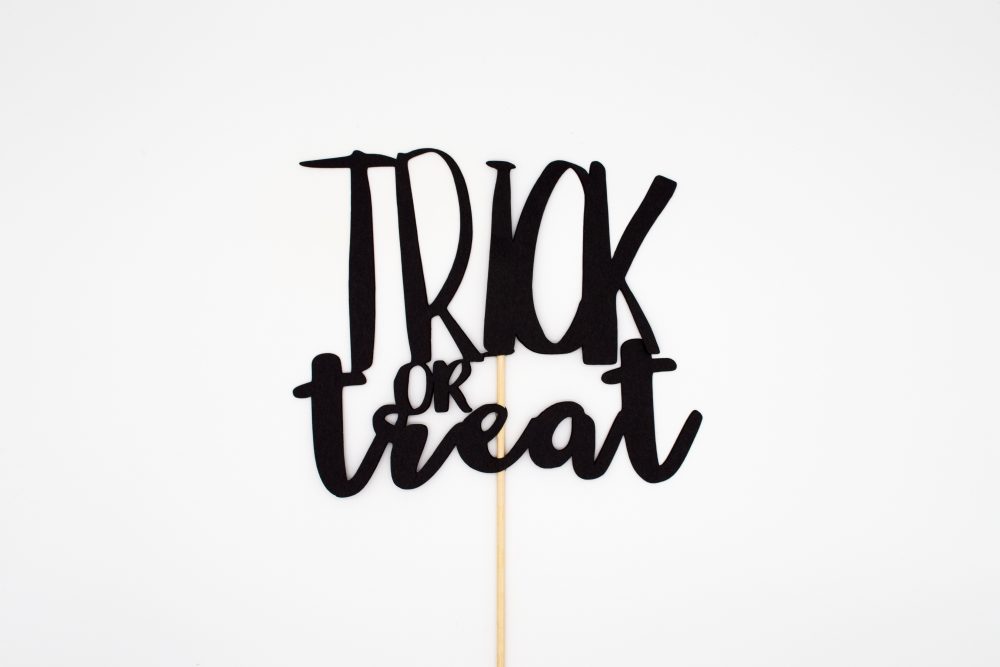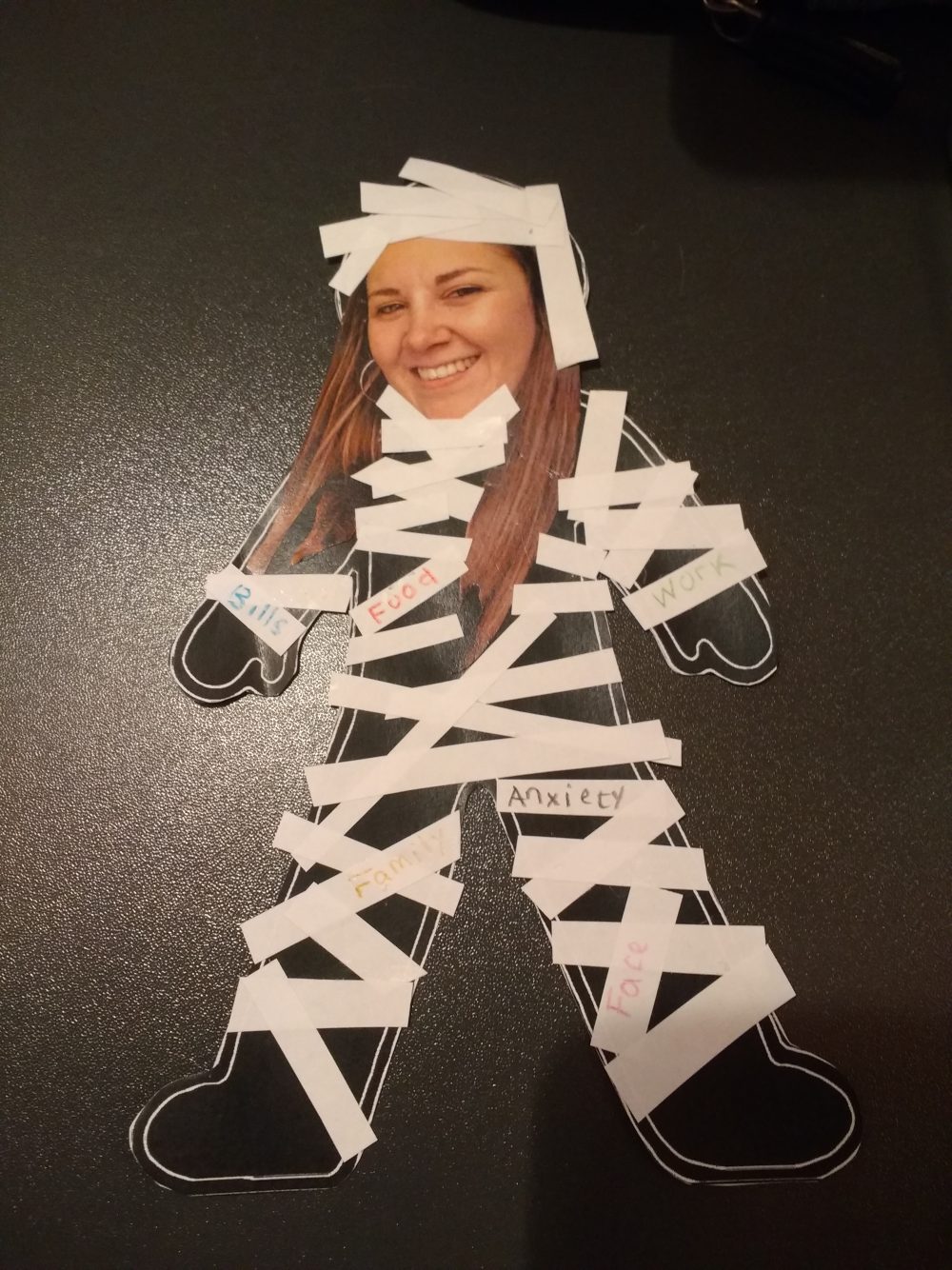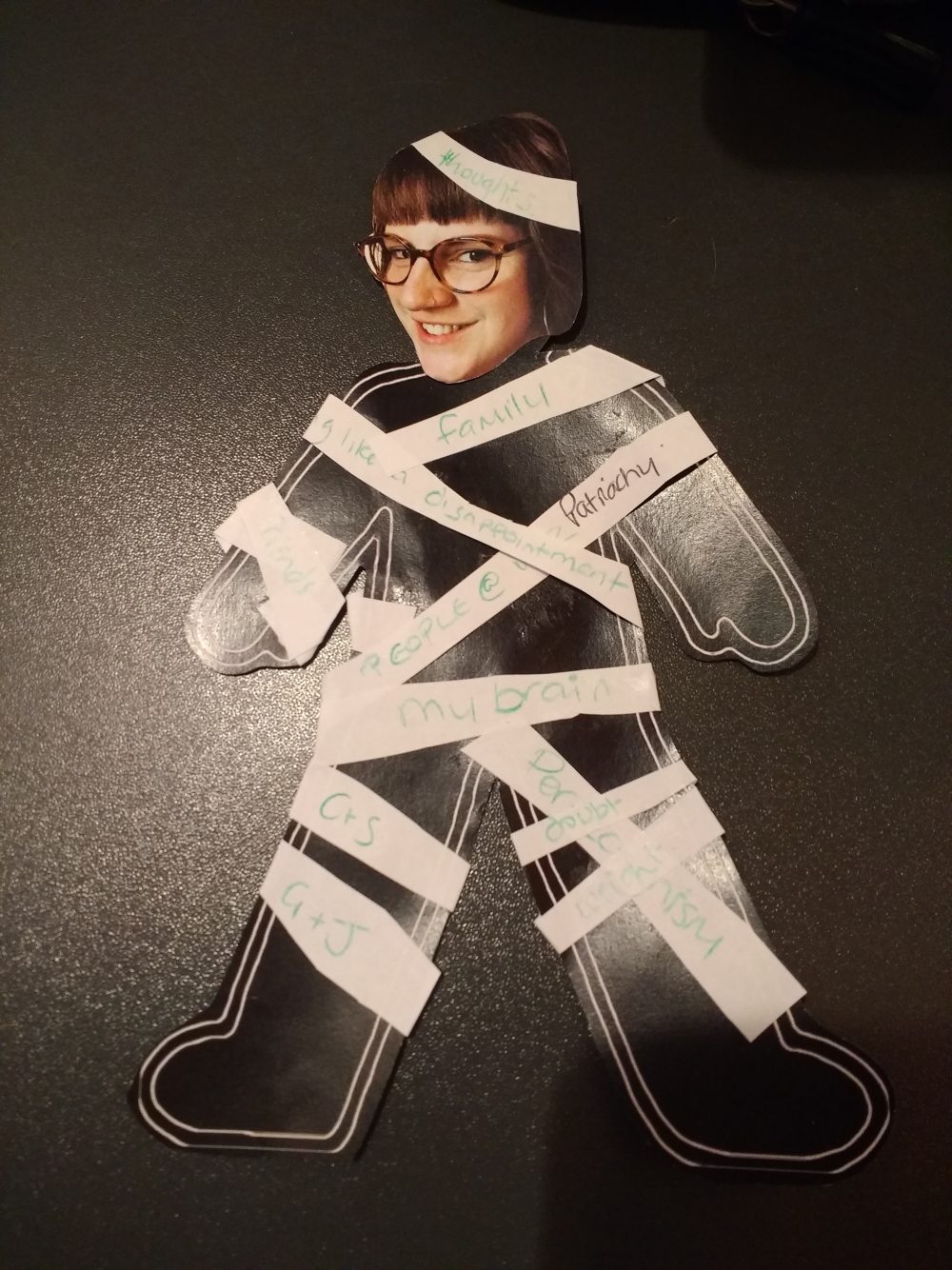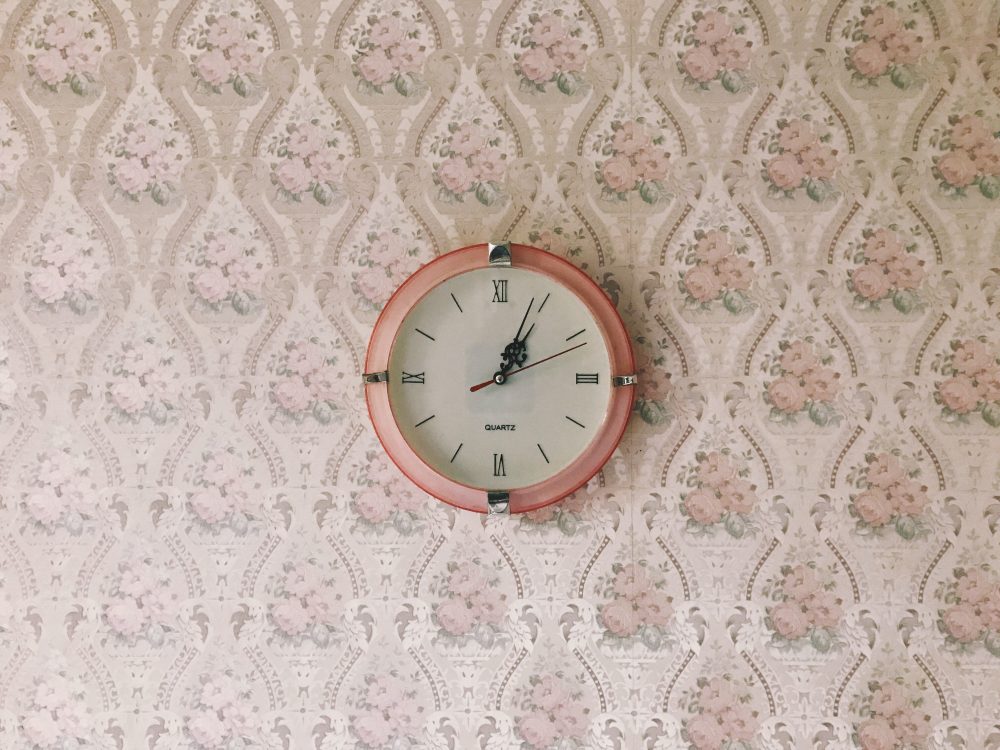You're on the Young People Site
Dedicated to self-harm recovery, insight and support.

More young people than ever feel lonely. A recent survey by the BBC suggests that 40% of 16-24 year olds would say they feel lonely.
Most of us check our social media pretty often, and it looks like everyone else is having an amazing time doesn’t it? Pictures of them with friends at a party, on holiday with their family, chilling with friends that we don’t know, checking into the cinema with their partner…it looks like they aren’t lonely at all doesn’t it?
The reality is far from it – some people have many acquaintances to make it look like they aren’t lonely. They fill their lives with people who aren’t really friends and people they possibly don’t even trust much because they want to block out that feeling of loneliness.
Some people struggle to make friends and their online friends are the ones they talk to most because they can ‘pretend’ to be something they aren’t… but then end up feeling lonelier.
The common factor in the increase of loneliness in young people, is the rise in social media use because it doesn’t often create deep, meaningful friendships that are based on trust and shared lives. Ironically social media makes us feel lonelier, not less lonely.
So, let's look at some of the ways you could combat feeling lonely:
1️⃣ Seriously reduce your social media time.
2️⃣ Do something that creates connections with people face to face.
3️⃣ Find a hobby group – fitness, craft, music?
4️⃣ Eat with your family at mealtimes.
5️⃣ Say ‘yes’ to trying something new.
6️⃣ Connect with cousins, siblings, grandparents and wider family more.
There are lots of Organisations out there that offer opportunities to join groups or clubs in order to connect with other young people your own age. Do some research in your local area to find out what's going on and what you might like to get involved with.
If cooking's your bag - here at Youthscape, we offer something called Open House, which is a cookery project run by Gemma, our Drop-in Manager, and a professional chef! Over the eight weeks of the course you will learn to cook different dishes, improve your kitchen skills, and host a dinner for a disadvantaged group from the local community...
The aim of the project is to develop confidence in abilities, build relationships, integrate into our daily after-school Drop-in project, engage with a different group in the community, and through this become more connected, improve self-esteem, and begin to gain the skills that will enable young people to recognise and manage their feelings of loneliness and social isolation now and in the future.
If you are a young person aged 11-15 and living in Luton, why not get in touch with Gemma to find out more about our Open House project?
No one is to blame for feeling lonely: it’s not your fault, nor is it anyone else’s; so – this week; begin the journey to feeling less lonely.

😴 If World Sleep Day isn't the BEST day of the year (apart from your Birthday or Christmas) then we don't know what is!?
😴 Did you know that as a teenager, you ideally need between 9 and 10 hours of undisturbed sleep a night (you’re not always going to get this, but the more often you do, the better).
😴 In honour of World Sleep Day, we’ve got a short mediation you can do to calm your mind before you go to bed. You might feel a bit silly doing this at first, but trust us, it really can help!
Get comfy, lay down, sit in a squishy chair, wherever you want, just make sure you’re comfy and not going to be distracted.
Close your eyes.
Now breathe, big deep breaths, try breathing in for a count of 4, hold for a count of 7 then breathe out for a count of 8. Do this a few times.
Once your breathing is steady, start being aware of your senses. What can you feel, smell, hear?
Can you feel your heart in your chest? Take a moment to be thankful for your body, how it all works and what it is capable of.
Now think about the last 24 hours. What has been difficult? What has made you feel drained or sad?
As you breathe out, try and let go of these things, it might take a while but give it a go.
Once you have done that, think about the good things in your day, what has brought you joy, what has made you feel alive?
Take a moment to be thankful for them.
Think of the next 24 hours. How can you bring more joy into your day? What can you do to notice the moments that make you feel alive?
Breathe.
When you're finished, open your eyes.
How was it?
If you want to know more about World Sleep Day - you can check out their website here.

The blog below was written by Gill Peck. Gill works as a Service Manager for Community Partnerships. She is passionate about emotional wellbeing; enjoys meeting people from all walks of life and journeying with them to reach their full potential.
That voice.
That voice.
That voice that creeps in, it lingers, hanging around when it knows it isn't welcome. That voice which can be self critiquing about my appearance. That tells me nothing looks good on me as I get ready to go to work in the morning; which makes me think for a while I am all that I can see in the mirror. That voice. That voice that makes me doubt the size I actually am. Knowing I'm a healthy size 10 yet the mirror making me feel dissatisfied at times with the reflection looking back at me. That voice that then makes me annoyed, knowing it isn't welcome and I shouldn't listen to it. Knowing I've developed a healthy relationship with food, no longer comfort eating my emotions away.
But If I could change one thing it would be that voice. That voice that pops up once in a while and then stays a little longer than welcome.
Over the years I've learnt to become more and more satisfied with life, with what I have and enjoying life in the present, not wishing for the future or longing for the past.
Yet that voice still pops up every now and then... And when it does, it makes me doubt myself.
When I was given the theme for this blog post, I decided I would be vulnerable. Decided I'd let some of my guard down and share that battle I still face at times.
So often, people can be quick to look at pictures of my slimmer figure and assume everything must be perfect. Yes, I do feel better, so much better in myself since losing some weight to benefit my health and yes, I am in a good and happy place with life overall. However, that doesn't mean I don't still struggle at times with that voice.
I had been in a great place with loving myself and all that I am. But the other night saw me burst into tears when someone asked me an innocent question and that voice told me they must have thought I had put on weight. Yet as I processed how I was feeling, I was reminded that anxiety can have a way of lying to you, of making you believe things which aren't true and can leave you feeling exposed, vulnerable and raw.
Thankfully time and time again, I am reminded that vulnerability is strength.
Choosing to tell someone when you're struggling brings a sense of freedom. Knowing you're not on your own. Knowing someone cares and not only listens but hears what you're saying.
I've found speaking out and saying how I feel when that voice visits, lets me fight it quicker and stops it getting louder and bigger. I continue to enjoy my food, good meals out and love cooking, that voice isn't related to that, it's related to appearance.
It can be a scary concept telling someone how you're really feeling, but by doing so, it can also be the very thing to help you work through situations you face, knowing you're not alone.
Despite me telling my boyfriend how stupid I was for crying and feeling rubbish and horrid, and a load of other things; he comforted me and told me I wasn't any of those things but he heard me. He didn't try to dismiss how I felt but he reassured me and worked through with me how I felt and helped me corme out the other side. Sometimes we need to find another voice, outside of our own to help guide us through.
I wonder if you have a voice, whatever that voice may be that you could sit with and share with others? Choosing to be vulnerable can be the steps to rising above it and moving forwards. After all, as Brene Brown says 'vulnerability is the birthplace of innovation, creativity and change."
What is out there that could be new for you?

The blog post below was written by Ellen.
When I was 11, I began to suffer from intense panic attacks and I turned to self harm to alleviate some of that pain. Seven years later, I’ve got a long list of diagnosis, including anorexia nervosa, depression and anxiety.
Throughout my GCSEs I barely went to school. I taught myself the courses at home and pushed through my exams. I managed to get A*s, but I couldn’t shake the feeling that I wasn’t really living.
The school I was in at the time was very focused on getting the top grades and getting girls into the ‘best' universities. But even at 11 I knew I didn’t want to be a lawyer or a doctor or an accountant or an engineer… but I couldn’t work out what I did want. And I’ve realised that that’s okay.
One of the biggest steps I’ve taken was starting therapy again. I stopped going for a long time because my body and mind were too weak to benefit from it because of my anorexia, but once I was at a stable weight I went back. My therapist has allowed me to open my eyes to the beauty in the world and always encourages me to chase my dreams, even if I’m not sure exactly what I want. She’s helped me to look for coincidences in life; the world starts to connect up and forms a safety net around you.
She was crucial in helping me transfer to an art college for sixth form, and it’s one of the best decisions I’ve ever made. Things are still really hard sometimes but I am learning to get in touch with myself more and I feel like the universe is there to support me.
I have found myself in art; I joined weekend classes in a London photography studio when I was 15 and I realised I could explore a format people want to see and that makes sense to me. I love to create narratives through both words and images; I am interested in psychology and colour theory and I use art to try and understand myself and others.

I created a scanography series in which I expressed my mental health journey through distorted self-portraits and eerie colour palettes. I was inspired by Amy Hughes, a painter I found reading Aesthetica magazine. Encased (2017) is psychologically and physically charged; I was struck by the strong highlights arching over a figure's back with an agonised, scrunched up face, distorted by the reflected light and texture of a plastic prison. I reached out to Amy and interviewed her for my project - she even invited me to the opening of her show! She encouraged me to express my true-self, which helped me develop my interest in the nature of mankind.

According to a survey carried out by the Mental Health Foundation 2018, 74% of adults in the UK alone report feeling overwhelmed or unable to cope. 51% of these adults felt depressed, and 61% felt anxious. 16% had self harmed and 32% said they had experienced suicidal thoughts. It is hard to tell whether we are just noticing and appreciating the effects of mental health more nowadays, or if there is a crisis as dramatic as reported. Either way, to experience mental health issues or to support someone with them is incredibly, painstakingly hard. I know from my own experience how isolated, hopeless and empty these problems can make you feel. Some of my images are my attempt at describing how you can feel like you're living multiple lives; we lie to people and tell them we're okay, we are misunderstood by others, and we don't know how we even really feel.
As the scanner moved, I lifted my head and lowered it at regular intervals to create the more frozen style of image. I’ve also tried to depict the feelings of isolation, disorientation and sadness. I pressed my face against the scanner to create visible pressure on my nose and forehead; the world is so vast and scary, yet we can feel caught-up and claustrophobic living in it. The qualities of the images create a kind of wavering mood-line - a bit like a line graph - as well as confusion and feeling out of control. I moved my face along with the scanner, not worrying about the slight shake of my body as I did so as this is what created the wavering effect.

I didn't want to make them specific to any one mental health issue; they are universal and can be understood by many. For instance, some images may as a representation of schizophrenia. I wanted to create a sense of understanding for those suffering due to mental health issues, be it the one who is ill or the one caring for them, and also to educate those who think the mentally ill are simply 'over dramatic' or 'not worth helping'.
Reasons to try being creative 🎨...
1️⃣ Creatives activities can help to reduce stress levels, aid mental calmness and serve as a relaxing distraction. You can get absorbed in your mental flow when creating.
2️⃣ Art also helps creative thinking; it can better your problem-solving skills. There are no wrong answers in art and we are allowed to imagine our own solutions. Flexible thought can stimulate in the way that learning a new language can.
3️⃣ Art can improve cognitive abilities and memory for people with serious brain disorders, such as dementia, by stimulating cell growth in the brain.
4️⃣ Chronic health conditions can be left behind while you create; a positive experience, and a chance to achieve allows you to express your feelings and help you find your identity.

The blog below was written by Aurora.
Even if you’re like me and don’t go in for New Years resolutions, you probably started January with a lot of excitement, great expectations and ideas of what you were going to do differently, and how you were going to accomplish all the things you didn’t get to do last year.
And now, a few weeks later, you’re probably finding that you haven’t even started on half the things you promised yourself you would do, and that your energy and motivation have taken a big dive. If that’s the case, then you’re probably feeling angry and disappointed with yourself. Maybe embarrassed, if you’d boasted to your family, friends and colleagues about what you were going to do. This disappointment can often reinforce the bad habits you were trying to beat, and this can make it even harder to get up and try again.
There are two important things to keep in mind if you’re in this situation.
The first is that it’s always difficult, after the Christmas break, to get back into the regular swing of school or work. It’s always going to be a bit jarring, so it’s natural that you’re going to be more tired in January than in other months of the year. So you shouldn’t be disappointed in yourself just because you’ve been struggling to find the necessary energy.
The second, and most important thing, to remember when planning your New Year goals is to keep them realistic. It’s very easy, at the dawn of the New Year, bursting with excitement and optimism, to set yourself really big objectives, or aim to achieve them in a brief amount of time.
For example, if you’re overweight and want to get fit, you might have said to yourself: “Okay, this year I’m going to hit the gym three times a week, and I’m going to go on a diet. No more Fried Chicken Fridays...” Or something along these lines.
You have to bear in mind that just dieting, or developing a regular exercise routine, is hard enough by itself. Especially if you’re not used to it. So attempting them both at the same time would be very difficult; particularly if you’re struggling to adapt back into school or work. You may have a better chance of success if you keep your goals small and specific. Set yourself a measurable plan instead of a few abstract ideas about what you want to achieve.
To be clear, there is absolutely nothing wrong with challenging yourself. It’s better to set the bar too high than to just skate through life with no challenge. But in order to accomplish your goals, you have to balance your desires with what you can realistically achieve, and remember that nothing worth having comes without time and effort, and the occasional lapse. Having a well thought plan will better prepare you for dealing with failures.
And remember, don’t be too hard on yourself if you stumble. It’s only January after all!

Feel like you're having a bad day? Why not give the below homemade Pop tart pies recipe a go to help you feel a little better? 🙃
EVERY DAY MAY NOT BE GOOD, BUT THERE'S SOMETHING GOOD IN EVERY DAY HOMEMADE POP TART PIES RECIPE
Ingredients:
- 1 (15 ounce) package refrigerated pie crusts
- 1/4 cup strawberry jam, divided
- 2 cups confectioners' sugar
- 2 tablespoons milk
- 1/2 teaspoon vanilla extract
- 1 tablespoon coloured decorating sugar, or as needed
Method:
- Preheat oven to 425 degrees F (220 degrees C). Line baking sheets with parchment paper.
- Unroll the pie crusts, place on a lightly floured work surface, and roll the crusts slightly with a rolling pin to square the edges. Cut each crust into 8 equal-sized rectangles. Place about 2 teaspoons of strawberry jam in the center of 8 squares, and spread the jam out to within 1/4 inch of the edge of the pastry square. Top each with another pastry square, and use a fork to crimp the squares together, sealing in the jam. Use a knife to trim the pastries, if desired. Move the filled pastries to the prepared baking sheets.
- Bake in the preheated oven until the edges are lightly golden brown, about 7 minutes. Allow to cool on the baking sheets. Meanwhile, stir together the confectioners' sugar, milk, and vanilla extract in a bowl to make a spreadable frosting. Spread the cooled tarts with frosting and sprinkle with colored sugar.

Some young Japanese men are refusing to leave their bedrooms and are choosing to withdraw themselves from society. The reasons aren't always very clear, but in Japan, it's known as hikikomori.
Hikikomori refers to the act of isolation, and to the young men themselves. The word translates as 'pulling inward' or 'being confined'. Often, a hikikomori's family are both ashamed and at a loss as to how to help their child. Some men have not left their own houses in over a decade!
Isolation and loneliness can have a major impact on our mental health. A scheme called 'Rent-a-sister' in Japan is being used to help these hikkomori men to begin to recovery from their reclusiveness. You can watch more about this here.

The blog post below was written by Ellen.
The arrival of the New Year can make us feel like we should be transforming into brand new people, and while having New Years Resolutions is a great idea, sometimes the pressure can feel overwhelming.
If you’re reading this then you probably know that self-harm isn’t an easy thing to quit. Like with any addiction, it takes time to get to a place where you’re ready to stop. It’s important to remember that it’s okay to slip up; just because you take a few steps backwards doesn’t mean you can’t then take some strides forward.Megan McArdle, author of ‘The Up Side of Down’ writes that, “failure is a roadmap for what not to do next time.”
Sometimes setting ourselves concrete New Years Resolutions can be incredibly daunting; in fact, it seems more of us give up on them when we’re overly strict with ourselves. It might be an idea to think of more flexible goals: e.g. you could aim to ‘self harm less’ rather than saying you’re going to ‘stop self harming completely’. You could also approach it from a slightly different viewpoint: ‘This year I’m going to find another way to cope with my feelings.’ Maybe you could aim to understand what triggers your urge to self harm and develop ideas of how to beat the urge before it gets too much.
One good thing about New Years is it provides a neat opportunity to wipe the slate clean; stop holding onto all those times you felt bad, or felt like you’d let yourself down, and draw a line under the past year.
While there is an emphasis on parties and extravagance at this time of year, try to remember that what really matters is your own health and happiness. Take things at your own pace; set yourself goals that are realistic; be proud of yourself for all the good things you did in the year gone by. It’s easy to focus on what we’ve done wrong, or the disheartening stories we see in the news, but it’s important to remind yourself of what you’re grateful for and what you’ve achieved.
Jeremy Eden, author of ‘Low Hanging Fruit’, advises that we recognise the things in our lives that deserve “gold plating”, and realise that good is good enough for other things. And Bob Rosen, author of ‘Grounded’, reminds us that it’s perfectly okay to be selfish and take care of our own needs; “Our theory of human development is based on a model that you’re either selfish or you’re community orientated... The truth is that you need to be both. It’s not either-or.”
If you or someone you know self-harms it can be difficult to keep incidents in perspective. Yes, you should aim to (eventually) stop, but allow yourself enough time and expect a few bumps in the road. So maybe you have physical or metaphorical scars, but scars fade, and pain doesn’t last forever; start afresh and move on from what’s behind you.

Some people like this lead up to Christmas, some (like me and my family!), really don’t!
The Christmas decorations look pretty and the shops get busier and the Christmas feeling is in the air – but it doesn’t make me get the warm Christmas glow; in fact it begins to make me stressed right from the moment it starts…
The pressure for the perfect film like Christmas family gathering is unachievable – the perfect family game time; the perfect present wrapping, the perfect friends to go out with, the perfect family to share it will – perfection doesn’t exist, in any place at any time.
The media Christmas portrayal adds to our sense of dread – the pressure to smile, laugh, not row, not feel sad – can make us feel very detached from Christmas: so this year, in the lead up here are some tips:
1. Ignore TV films and adverts! We aren’t going to reach a Hollywood Christmas ideal – so let’s not bother. Watch Elf and comedies – they keep a good perspective on it!
2. Try to imagine Christmas day now – what works for you? Do you need to communicate any of that to your family – who don’t you want to see over Christmas? How long do you have to visit relatives for? Begin to start the conversations now so they don’t come as a shock to your family – take control and be prepared to compromise.
3. Make stuff – loads and loads of stuff! Don’t buy it, make it. Keep your hands and mind busy, the personal stuff doesn’t need to cost much nor does it have to be perfect – enjoy the process and the result.
4. Don’t give yourself sky high expectations of yourself over Christmas. If you need to take regular breaks from family, do it. Look after yourself now so that you have the energy for it as it gets closer; plan out the Christmas holidays so that you get a good balance of rest and play.
Love,
The SelfharmUK Team

What are the things that weigh you down, hold you back and drain you?
We were thinking about this during the Hope Group earlier this week. If you don't know what the Hope Group is, you can read more about it here. What we found was - often the things that weigh us down, hold us back and drain us, are the things that bring us the most joy too.
For example, I really love my family, but sometimes it feels like they make my life a living hell at times! My mum in particular often weighs me down with lots of nagging and asking questions about what I'm doing at the weekend, and why I can't tidy up after myself. This type of criticism can make me feel increasingly drained, knocking my confidence and holding me back from doing things incase I'm no good at them.
Sometimes, writing down all the things in our head that we know are weighing us down, holding us back and draining us is a good exercise to do. This is because taking thoughts out of our head and onto paper can make them appear a lot less powerful and give us more control over them.
Here's the activity we did during the group...
Bandaged Mummies activity


To make your own Bandaged Mummy, you will need:
- Scissors
- Glue
- Plain A4 white paper
- A photo of your head
- A piece of A4 black card
1) Use the black card to cut out a body shape
2) Cut out the photo of your head and stick it onto the body shape
3) Cut up strips of white paper and stick them like bandages on your mummy
4) Think about all the things that weigh you down, hold you back and drain you, and write them on the bandages
5) Keep your mummy as a reminder of all the things that can weigh you down, hold you back and drain you - BUT REMEMBER - you have control over how they make you feel!
Happy Halloween 🎃
Happy National Poetry Day friends! To celebrate, we've got an inspiring poem by Nikita Gill titled 'A Conversation with My Mental Illness.' If you read it and want to share your thoughts, you can comment your answers to the below questions on our Facebook, Twitter, Instagram or Tumblr accounts. We'd love to hear from you!
What do you think is the main thing being said in this poem?
How does the poem make you feel? Why?
Are there any lines or words which you specially like?
A Conversation with My Mental Illness
Every sleepless night I am interrogated
by the darkness that lives inside of me.
It says to me:
'You are pointless.'
I respond:
'No one in this world is pointless.'
It scowls at me:
'You are a terrible person.'
I admit:
'I am a good person who did terrible things.'
It rages at me:
'No one needs you.'
I countered:
'There are people who have adored me.'
It seethes at me:
'And what of those who hated you?'
I sigh:
'Being unforgiving of others is a sign of insecurity.'
It finally explodes:
'I will make sure you always doubt yourself!'
And every night
I gather my courage
as my armour and say:
'And whenever you do,
I will look at the vastness
of the every changing style
the presence of a moon
that helps the sea
the same sunset that has been going
around the earth
for billions of years
and remind myself
that the same universe that made them
and gave them such purpose
also made me.
And nothing you say to me
will ever convince me otherwise
because that is a fact
I will never question about my journey.'
Taken from the book Wild Embers by Nikita Gill, p14.
I'll admit, when I was asked to write this blog, I wasn't sure how to start. Dictionary definitions have been done to death, and the definition of "self-esteem" doesn't really do a lot to explain what it's like to have good self-esteem:
"Belief and confidence in your own ability and value."
This is the first definition I found. I'm sure you knew that already. People talk a lot about having good self esteem, and believing in your own worth, and why good self-esteem is important. They're right -- it is important to have good self-esteem. You have to live in your own head, after all. It's important to get along with yourself. Having confidence in yourself, knowing that you're worth something, is important because it allows you to accept yourself, and buid on the skills you have, and learn to like yourself.
But where do you start? How do you build good self-esteem?
There are a lot of ways to do it. Why don't you make a list of all the things you like about yourself? Not just physical traits, but skills you have, or interests you love? That is the most basic and simple way to make yourself realise that there are things about you that are inherently valuable, things you're good at, things you're interested in.
But I'll tell you something that most people don't say, when they talk about self-esteem: Everyone has moments where it's hard. Where you feel unconfident, or out of your depth. That's why having good self-esteem is so important. Because, when you feel unconfident or out of your depth, you know that those feelings won't last forever, and you can pick yourself back up. Having good self-esteem doesn't mean that you're confident all the time, just that you have the tools and knowledge to remind yourself that you're valuable and important.
Another thing which helps improve your self-esteem is self care. Self-care isn't just buying some super fancy soap from Lush and baking a chocolate cake from scratch. Self-care can be something as simple as having a long shower, or eating your favourite food, or listening to your favourite song on repeat. Doing things that make you happy improve your self-esteem, because they improve your overall emotional well-being. Try to treat yourself once a week, if you can.
Building self-esteem, and maintaining it, is an ongoing process. It takes a long time, and it's not always easy. But it's so important to accept yourself. I hope these tips have helped, a little!

What have all these people got in common?
· Matilda
· Charlie
· James
· Sophie
· Danny
Yup, they are all imaginary characters, from the imagination of Roald Dahl. None of them are real, none of their lives are real. And yet…
They are orphans, sufferers, victims of bullying, often worried, scared and voiceless, strugglers who undergo changes to become the heroes of their own destinies.
Don’t we sometimes wish we could have that one person who encourages us, inspires us and help us, a magical person to guide us through our trials and pains?
Of course, you know that real life doesn’t have magic, Big Friendly Giants nor gigantic peaches that we can fly away on.
It does, however, hold real life catalysts: people who can help us become more of the person we want to be. These catalytic people are people who listen to us, who help us deal with the daily challenges we face. They might be a friend, a family member, a teacher, a counsellor, a CAMHS worker.
They aren’t magicians, they can’t make everything better, but, if just for 10 minutes a day, they make you feel like you can do this, then they are your BFG or Miss Honey.
Find your Miss Honey today!

I don’t know about you, but having patience is something I really struggle with. A quick Google definition search brings up that the word ‘Patience’ means ‘the capacity to accept or tolerate delay, problems, or suffering without becoming annoyed or anxious’ and the example given is "You can find bargains if you have the patience to sift through the rubbish."
You know that saying ‘all good things come to those who wait’? Well that’s all well and good, but how do I know how long I should wait?
Life can sometimes feel like a bit of a waiting game. When we’re young and at school, we wait for the Christmas holidays and then the summer holidays, and as we get older we wait for the end of school, the end of college and then the end of university. Once we start work, we wait for the pay rises, promotions and job changes; and in our personal lives we wait to buy our first car, our first flat, to meet someone, and to hopefully buy our forever home.
But not all of these things are a given and that’s where my struggle to have patience comes in. If I don’t know something is guaranteed to happen - what if I end up wasting my life waiting for it?
When you suffer from anxiety, having patience can seem impossible. My anxiety is often caused by my constant catastrophizing and endless ‘what if…?’ questions that I allow to spin around and round in my mind… “what if I never get a promotion?”, “what if I never move out of my mum’s house?” and “what if I never meet anyone?”. These are completely irrational thoughts as they aren’t based on any fact!
But irrational thoughts often cause us to act irrationally. So, instead of having patience, I regularly lose my temper and blame the people I love for the fact that I’m not where I want to be in life. Whilst behaving this way always feels good at the time, in the long run it actually makes me feel bad about myself and brings me no closer to answering those “what if…” questions.
Perhaps the key to finding patience and knowing how long to wait is to simply change the question. Instead of worrying ‘what if I never get a promotion?’, I should change the question to become ‘what if I don’t get a promotion in the next five years?’. By putting a realistic time frame on it, this not only helps me to feel positive about it potentially happening, but it also helps me to feel in control of how long I should wait, which then in turn, encourages me to be patient.
Think you could give it a go? Maybe this will help…
Let’s turn that example from Google into something a bit more relatable:



